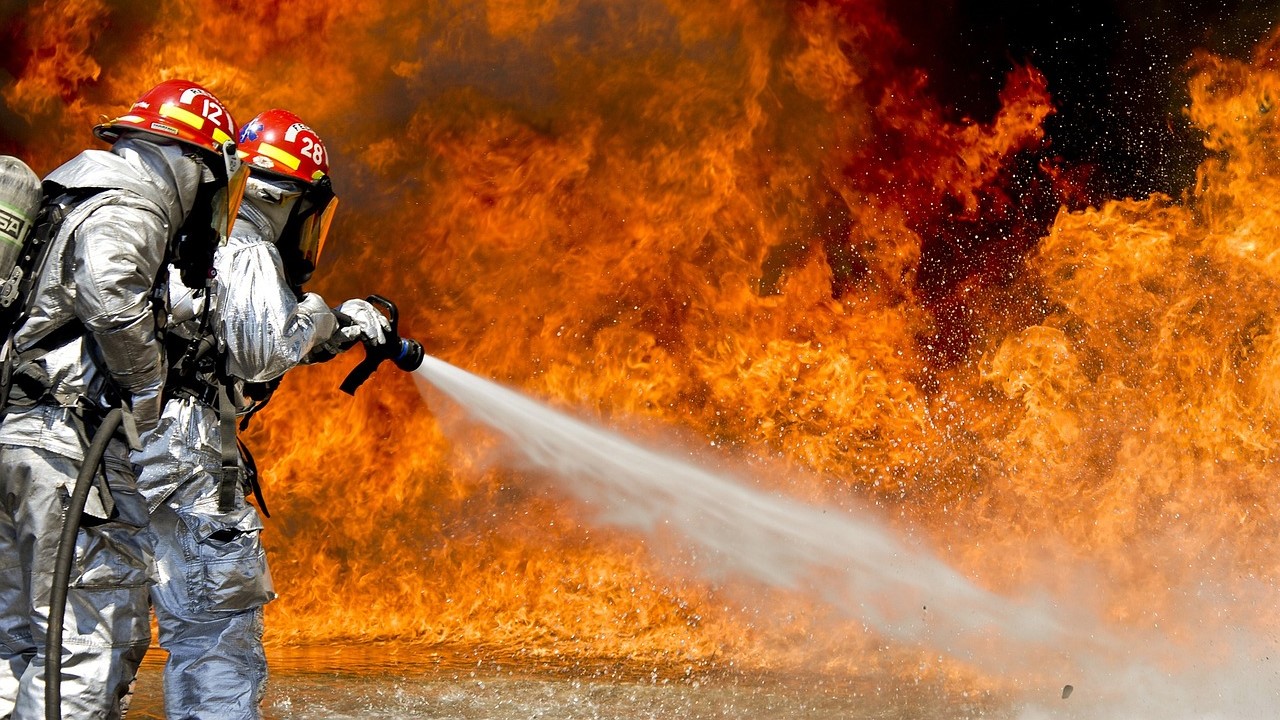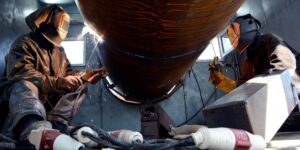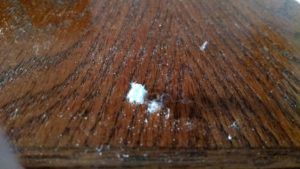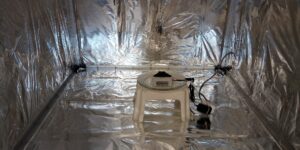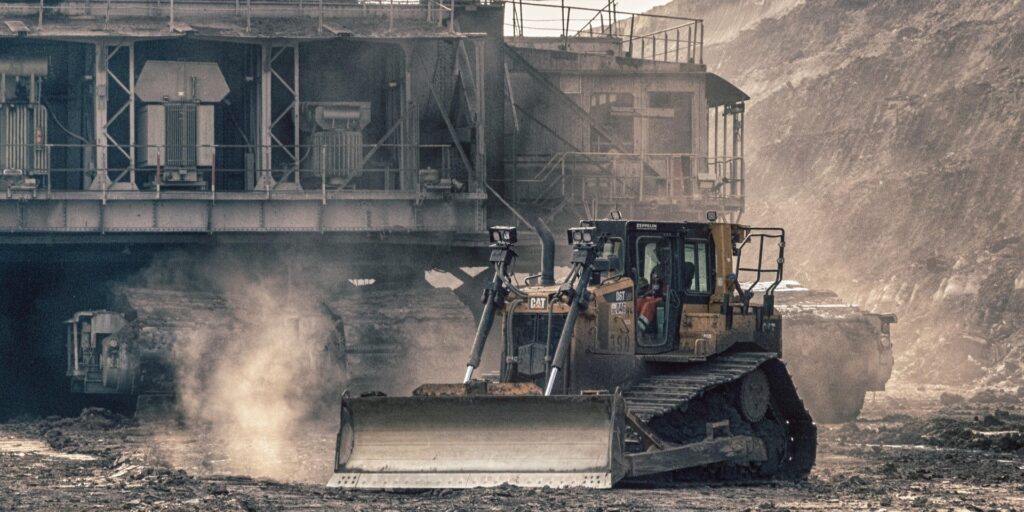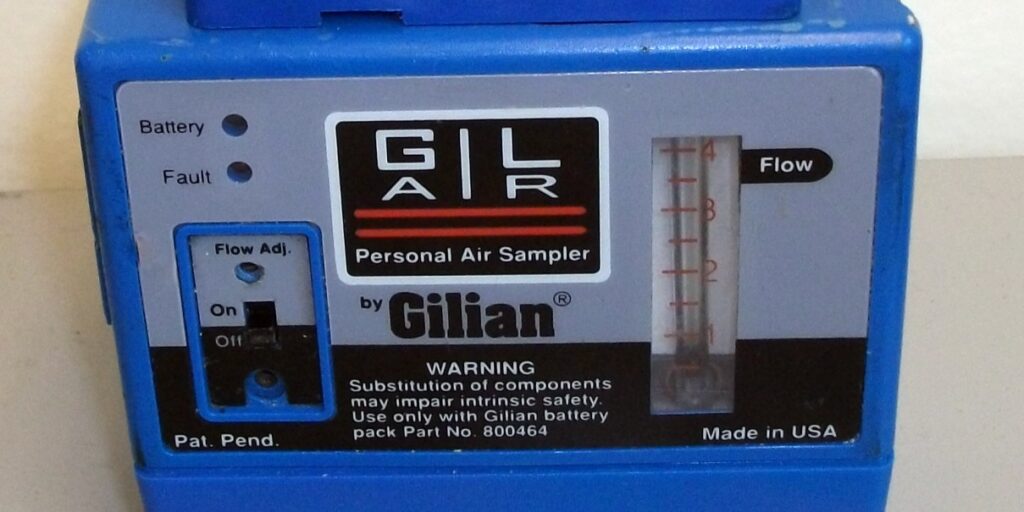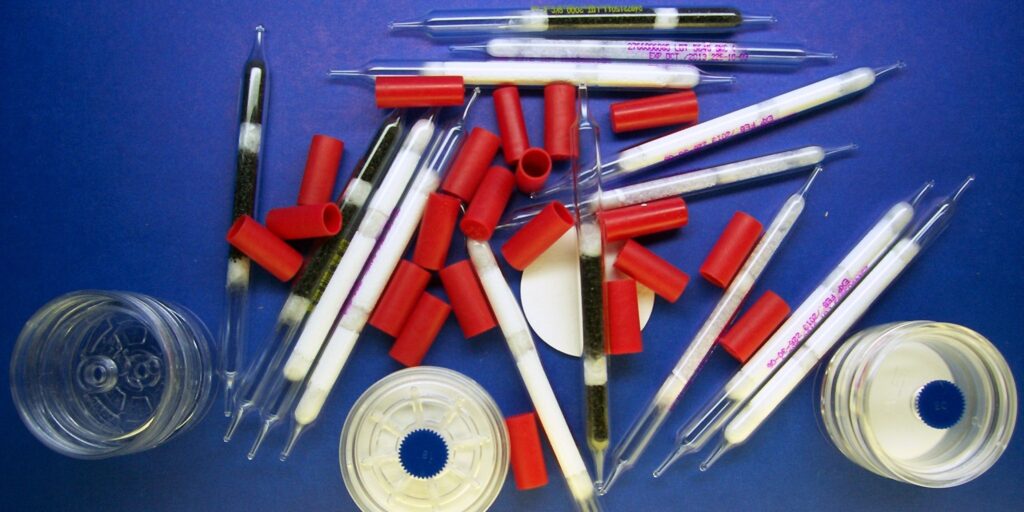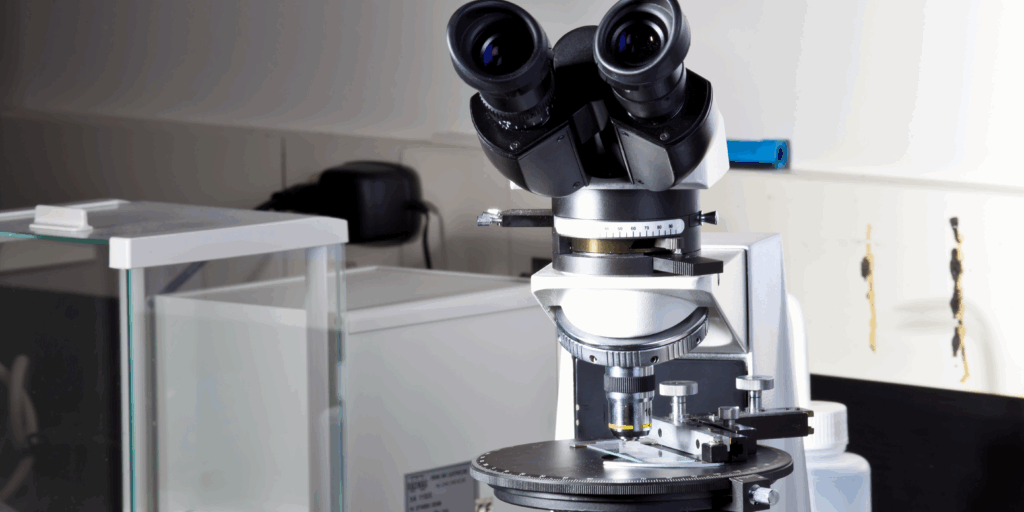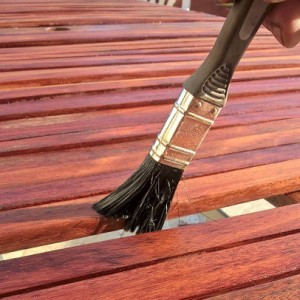 Ensure Product Safety with Reliable Testing for Spontaneous Ignition LCS Laboratory provides specialized testing of wood stains, oils, varnishes, and similar coatings to assess their risk of spontaneous ignition when applied to cleaning rags or absorbent materials. This critical evaluation supports industrial hygiene consultants and manufacturers in ensuring workplace safety and compliance with hazardous materials regulations.
Ensure Product Safety with Reliable Testing for Spontaneous Ignition LCS Laboratory provides specialized testing of wood stains, oils, varnishes, and similar coatings to assess their risk of spontaneous ignition when applied to cleaning rags or absorbent materials. This critical evaluation supports industrial hygiene consultants and manufacturers in ensuring workplace safety and compliance with hazardous materials regulations.
Why Test for Spontaneous Ignition? The spontaneous ignition of oil-soaked rags is a well-documented hazard that can lead to workplace fires, causing property damage, injuries, or worse. Understanding how your products interact with oxygen and heat in enclosed spaces is essential for mitigating these risks. Testing for self-heating properties ensures the safety of end users, facilitates safer product design, and meets regulatory standards for handling and classification of dangerous goods.
Understanding the Science of Self-Heating Self-heating occurs when a material reacts with oxygen or undergoes a chemical reaction that generates heat. If the heat produced cannot dissipate, it accumulates, raising the temperature within the material and potentially resulting in ignition. Two main types of self-heating exist:
- Aerobic Self-Heating: This process requires oxygen. For instance, mineral oils on rags can self-ignite if oxygen is present. Sealing such materials in airtight containers halts the reaction once oxygen is consumed.
- Anaerobic Self-Heating: This occurs without oxygen, often due to rapid curing or polymerization of materials like linseed oil. Such reactions generate significant heat even in sealed environments.
The size and configuration of waste disposal can influence the risk of self-heating. A single rag on a non-flammable surface may not generate sufficient heat, but a pile of oil-soaked rags in a garbage bin or industrial dumpster can pose a serious fire hazard.
Technical Details of the Testing Process LCS Laboratory follows the United Nations’ procedure for classifying dangerous goods. The test involves the following steps:
- Sample Preparation: Approximately 100 g of liquid stain is applied to an equal amount of cotton rags. The rags are dried at room temperature overnight to allow solvents to evaporate.
- Testing Conditions: The dried sample is placed in a specially designed holder and exposed to 140°C in a controlled oven for 24 hours.
- Data Collection: The difference between the sample core temperature and the oven temperature is monitored. If the core temperature exceeds 200°C or smoke is detected, the sample is classified as capable of spontaneous self-heating and ignition.
A comprehensive report detailing the maximum core temperature reached during the test is provided, helping clients make informed decisions about product safety and compliance.
Sample Requirements Clients must submit 200 ml of liquid product for testing. Each sample should include a batch number and sample ID for accurate reporting. Please complete the required request form available on our website.
Take the Next Step Toward Safer Products Ensure the safety of your products and workplace with LCS Laboratory’s expert testing services. Contact us today for more information or to discuss your project requirements: Contact Us.
Visit our Downloads page to access:
Your commitment to safety begins with accurate testing. Let LCS Laboratory help you create safer, more reliable products.

